Topic of Current Interest
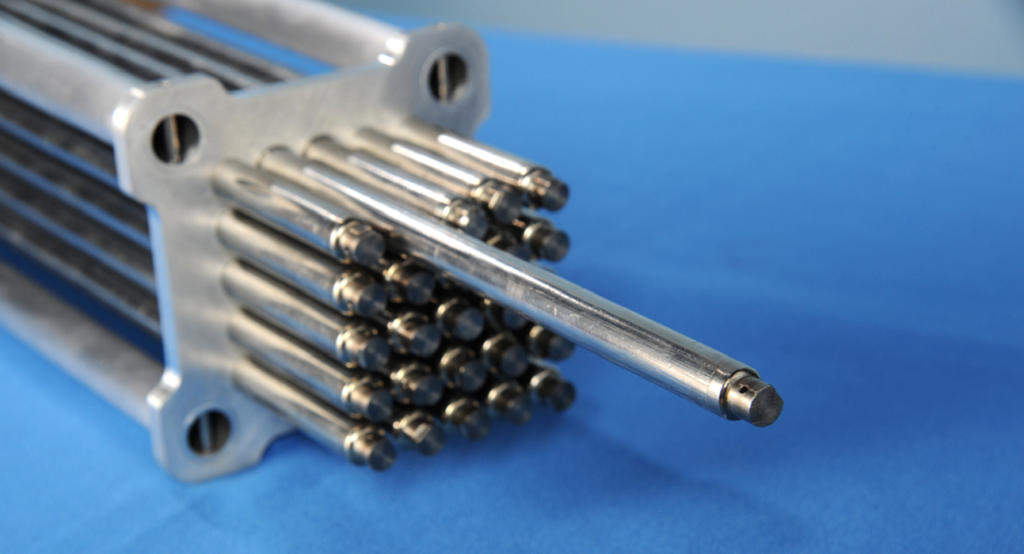
To maintain safe storage, the industry and Nuclear Regulatory Commission need to better understand the physical and chemical characteristics of nuclear fuel
Extrusion technique creates new fuel from depleted uranium
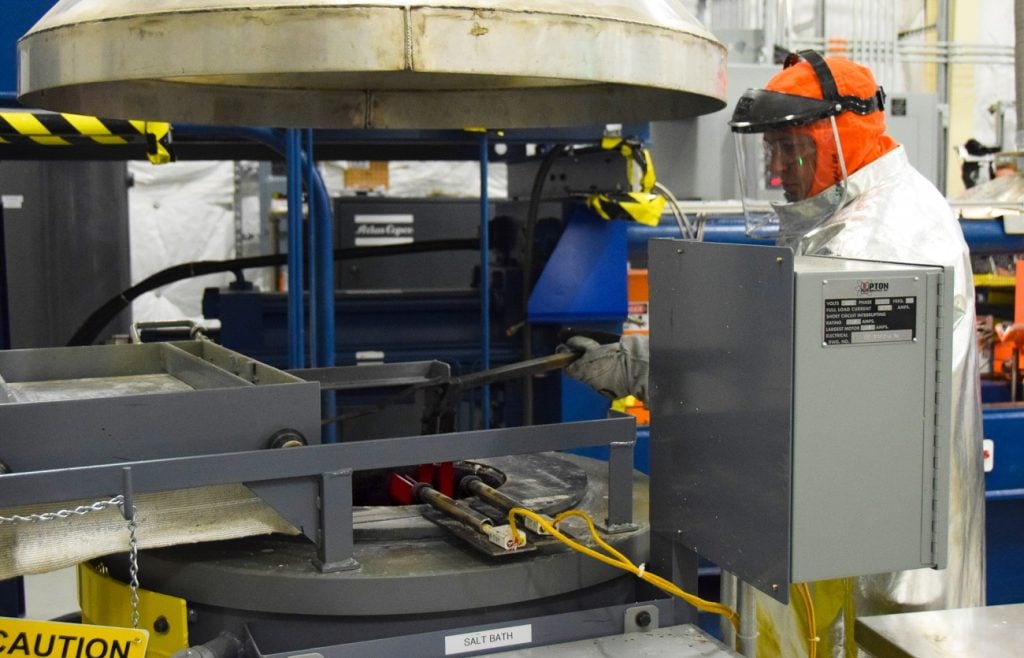
Advanced nuclear reactors will use new types of fuel. To ensure such systems are safe, experimental fuel samples must be fabricated and tested in safe research environments such as those at Idaho National Laboratory. Marking an important step toward the advancement of a new type of reactor, INL employees recently completed the first successful test of fabrication equipment in […]
Battelle Energy Alliance seeks industry partners for advanced construction technologies

Battelle Energy Alliance is seeking industry partners interested in developing advanced construction technologies for nuclear energy systems.
Historic reactor dome gets a face-lift
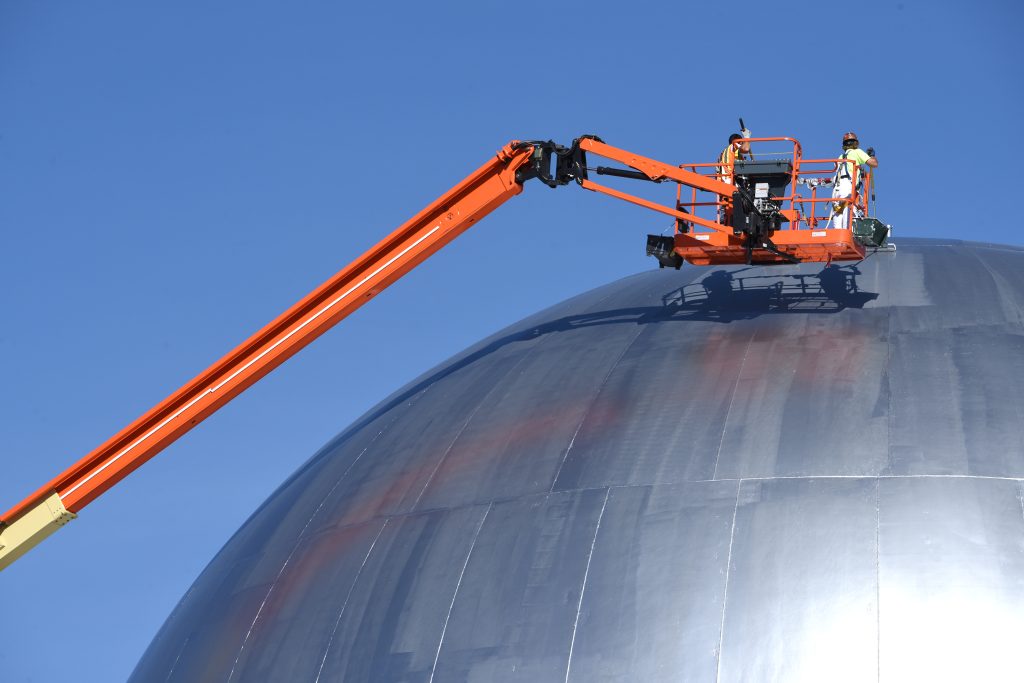
The historic Experimental Breeder Reactor-II dome is getting a well-deserved face-lift, inside and out.
TETI 2.0: Understanding nuclear fuel behavior at the atomic level
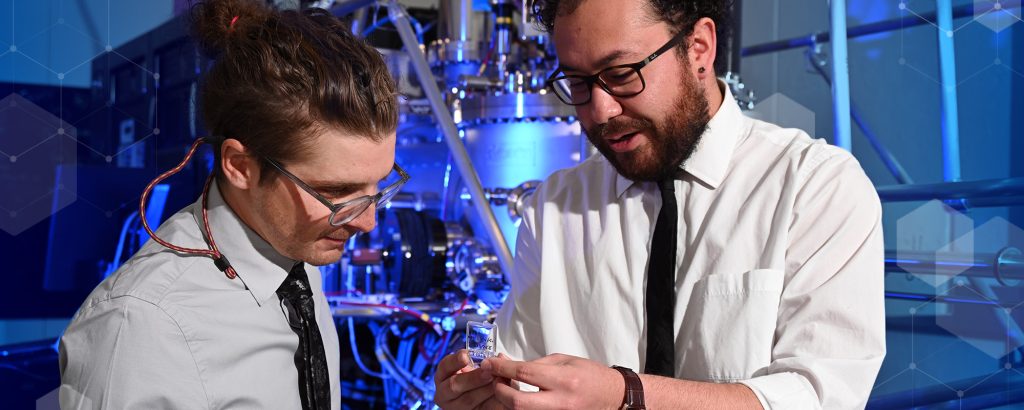
Transporting heat is an essential part of our daily life – from boiling a pot of water to creating complex carbon-free energy technologies that power our cellphones, laptops and home appliances. Nuclear energy, an example of heat transfer, has a proven track record spanning over 70 years. It currently provides approximately 20% of the total […]
Future of mining is microreactors: Idaho National Laboratory sees big benefits
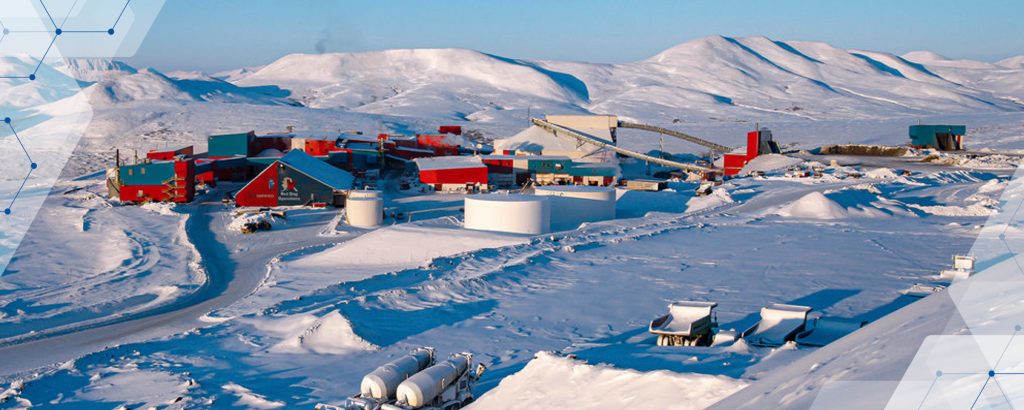
Powering a remote zinc mine located roughly 600 miles northwest of Anchorage, Alaska, is a Herculean task. Governments and industry have taken a particular interest in remote arctic mining locations, not only because of the region’s vast mineral resources, but also because of shipping routes that are opening through the ice due to climate change. […]
Key nuclear modeling and simulation software releases new version
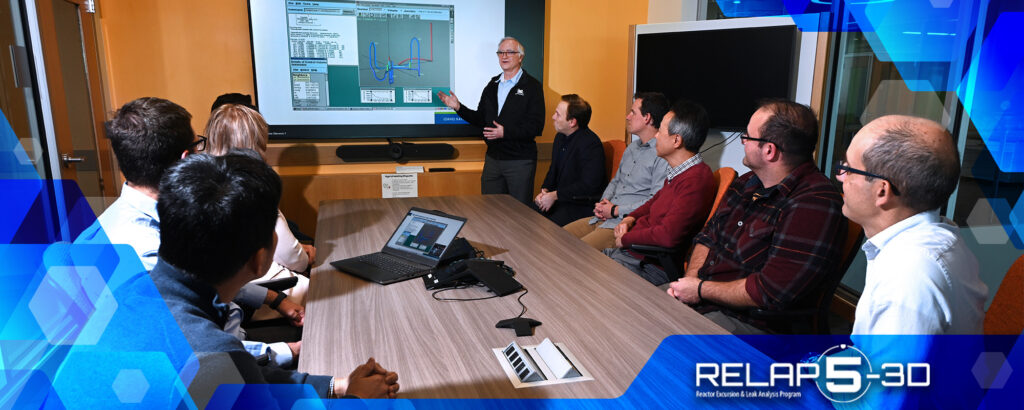
IDAHO FALLS, Idaho — Idaho National Laboratory has released the latest version of RELAP5-3D, a versatile modeling and simulation tool that predicts complex phenomena happening inside a nuclear reactor. This update is the first RELAP5-3D code release in five years. This latest version of RELAP5-3D is part of INL’s integrated computational strategy for accelerating clean […]
If you build a test facility, developers will come
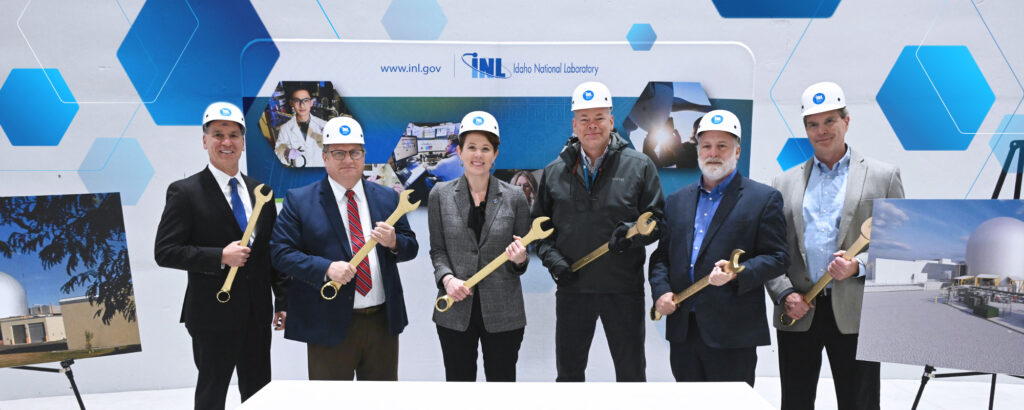
In the classic baseball film “Field of Dreams,” Ray Kinsella (Kevin Costner) builds a baseball field in the middle of an Iowa cornfield, adhering to ghostly whispers that if he builds it “he” will come. Borrowing from the same script, the National Reactor Innovation Center (NRIC) is now designing and constructing two fields, in the […]
Watching trends: How INL helps the NRC model risk and reliability
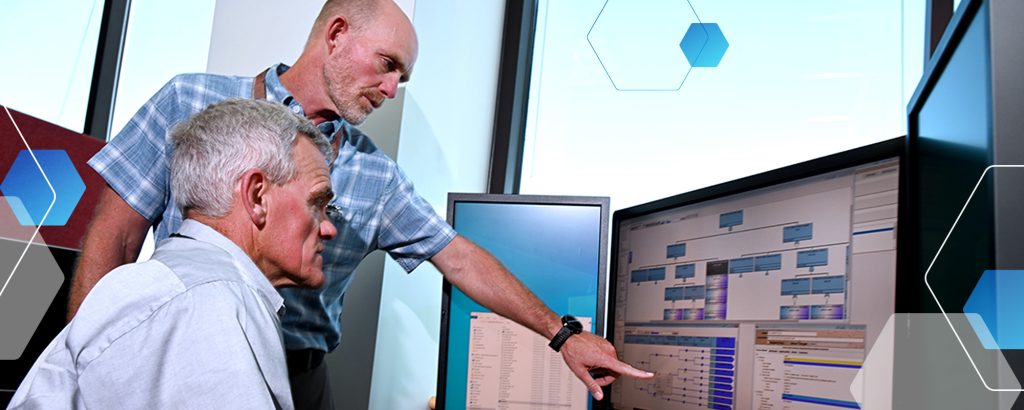
Since the 1990s, Idaho National Laboratory has helped the Nuclear Regulatory Commission understand the safety and reliability of all U.S. nuclear power plants. Supporters of nuclear energy tout the safety and reliability of nuclear power, and data supports their claims. According to detailed studies, nuclear power accounts for 0.03 deaths per terawatt-hour of electricity generated, […]
U.S. researchers fabricate commercial grade uranium dioxide HALEU fuel
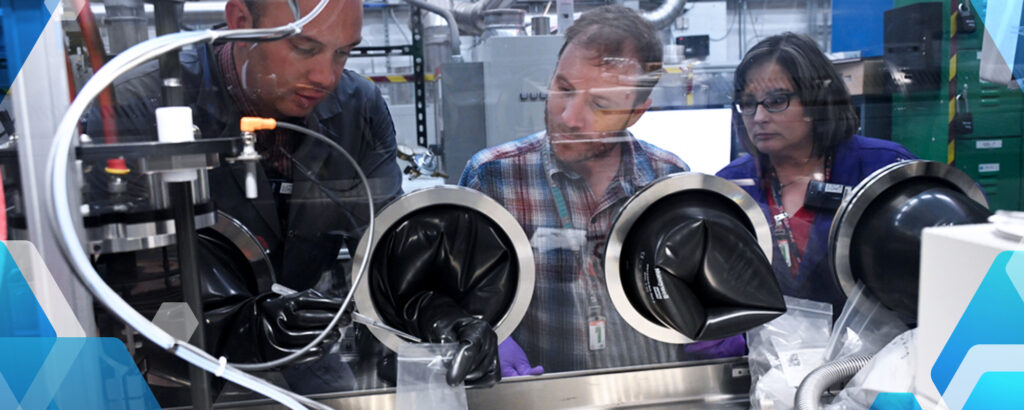
As the world clamors for carbon-free power, U.S. nuclear reactor developers have responded with a multitude of advanced reactor designs. These reactors would produce efficient, flexible heat and electricity. Nuclear energy from light water reactors already ranks among the safest forms of energy production, and most advanced reactors will use safety systems that rely on […]
DOE offers big advantages to clean energy developers with proposed leases at Idaho site
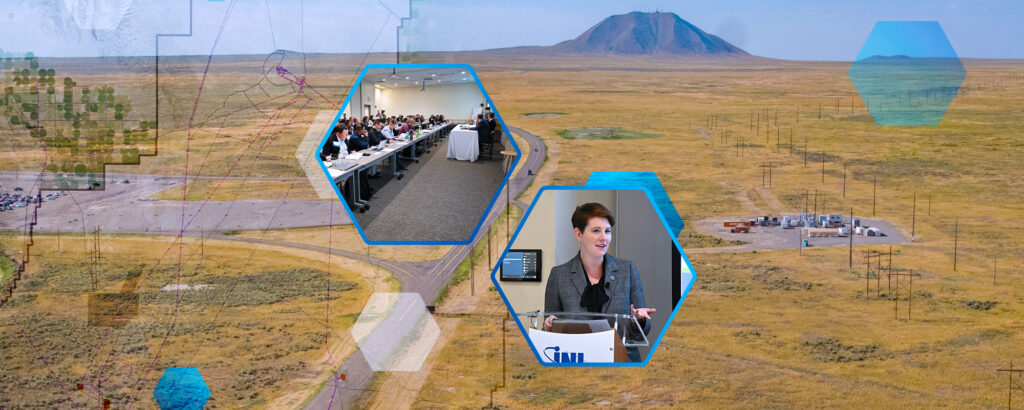
As the United States moves toward net-zero carbon emissions by 2050, the nation will need a broad mix of clean energy projects to carry the load. To build these projects, developers must overcome any number of challenges including financing, siting and environmental regulations. Now, the Department of Energy (DOE) is helping developers eliminate some of […]
Going digital: Idaho students, engineers demonstrate first nuclear reactor digital twin
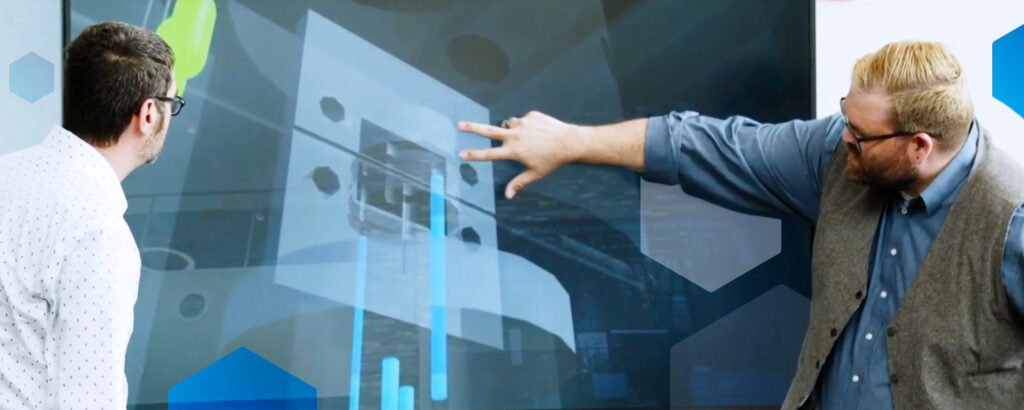
Idaho National Laboratory researchers and Idaho State University (ISU) nuclear engineering students developed the world’s first nuclear reactor digital twin — a virtual replica of ISU’s AGN-201 reactor — in a campus collaboration last August. Digital twins are virtual models of real-life assets, such as complex infrastructure, machines or buildings. By modeling nuclear reactors, digital […]
What is the Carbon Free Power Project?
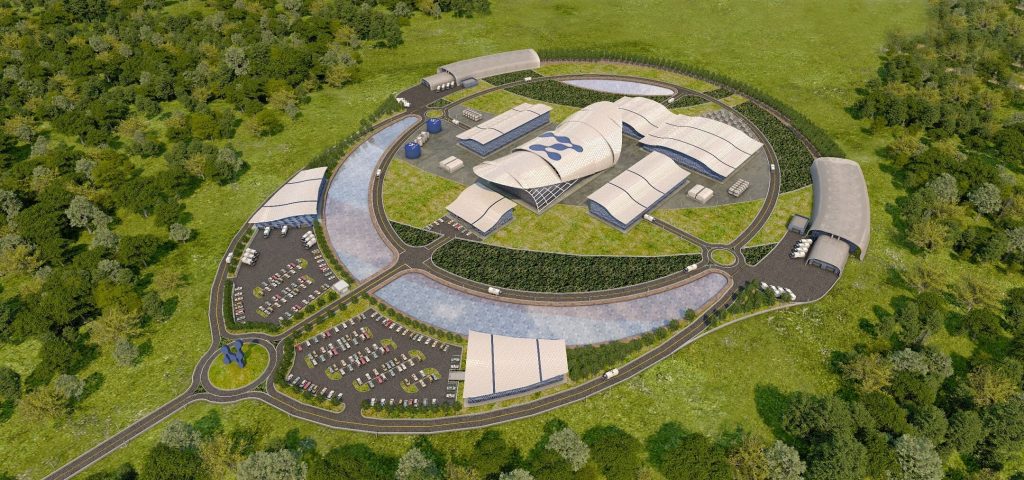
The Carbon Free Power Project calls for constructing a Small Modular Reactor (SMR) power plant using a SMR technology being developed by NuScale Power
New reactor project’s roots go back to 1990s Idaho research
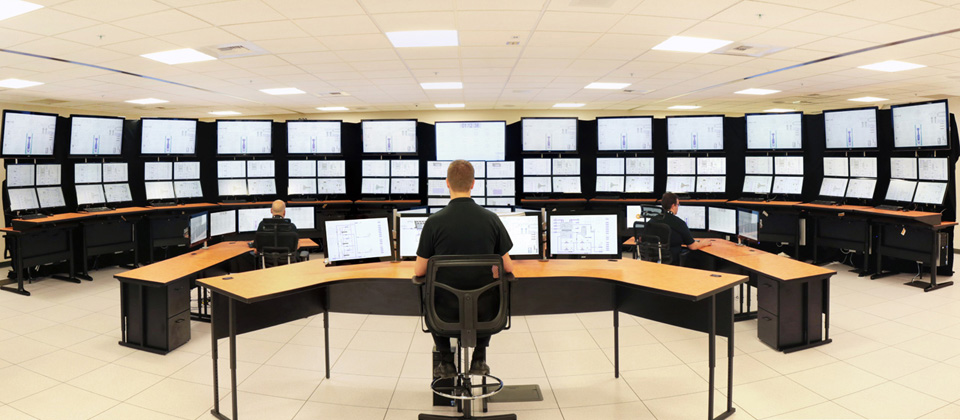
To understand INL’s involvement in small modular reactors, including NuScale Power and the Carbon Free Power Project, one needs to go back to the 1990s.
GE Hitachi awarded subcontract for work supporting proposed versatile test reactor

Idaho National Laboratory has awarded a subcontract to GE Hitachi Nuclear Energy to support a proposed fast spectrum Versatile Test Reactor.
$3.9 million awarded to universities
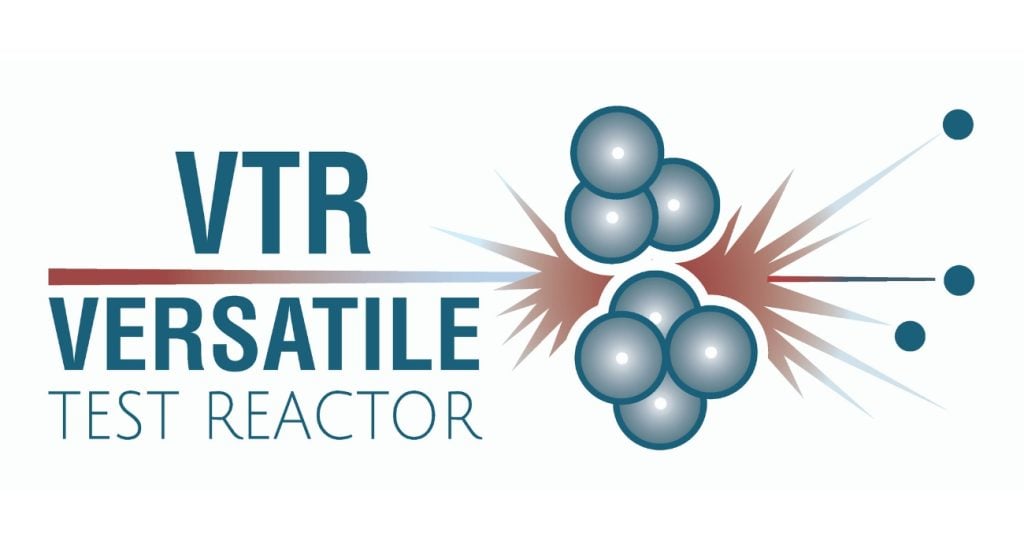
INL announced $3.9 million in funding for university-led projects to develop tools needed to monitor and conduct experiments in the Versatile Test Reactor.
ELINA ‘Smart Document’ technology poised to streamline nuclear energy processes
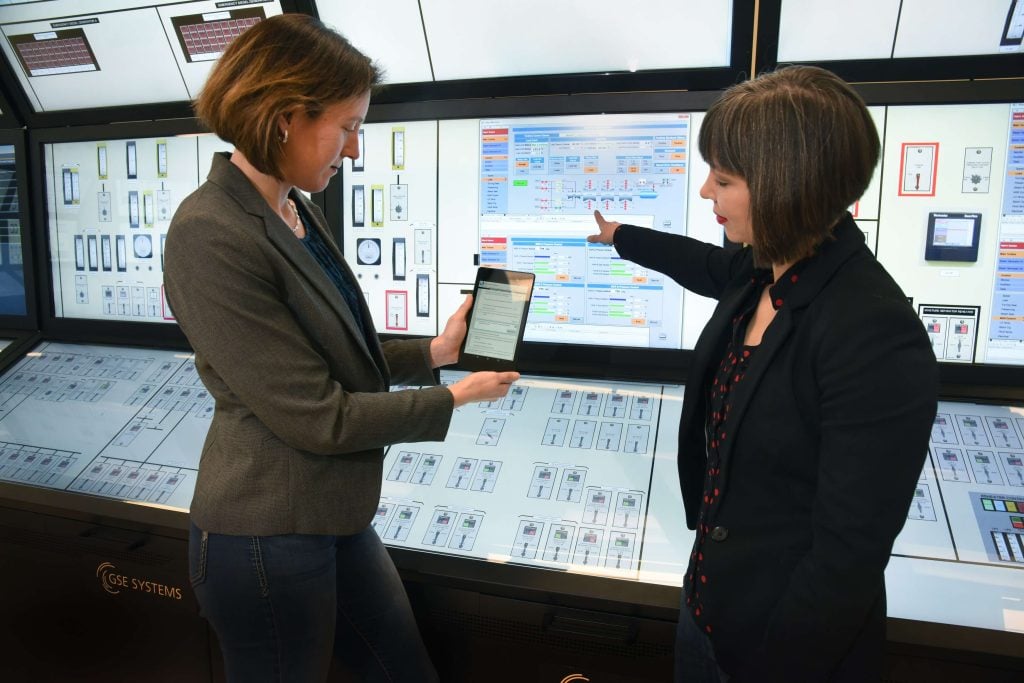
The Electronic Instructions for Nuclear Applications, or ELINA, would help streamline nuclear energy procedures and make reactor operation more efficient.
A critical milestone success
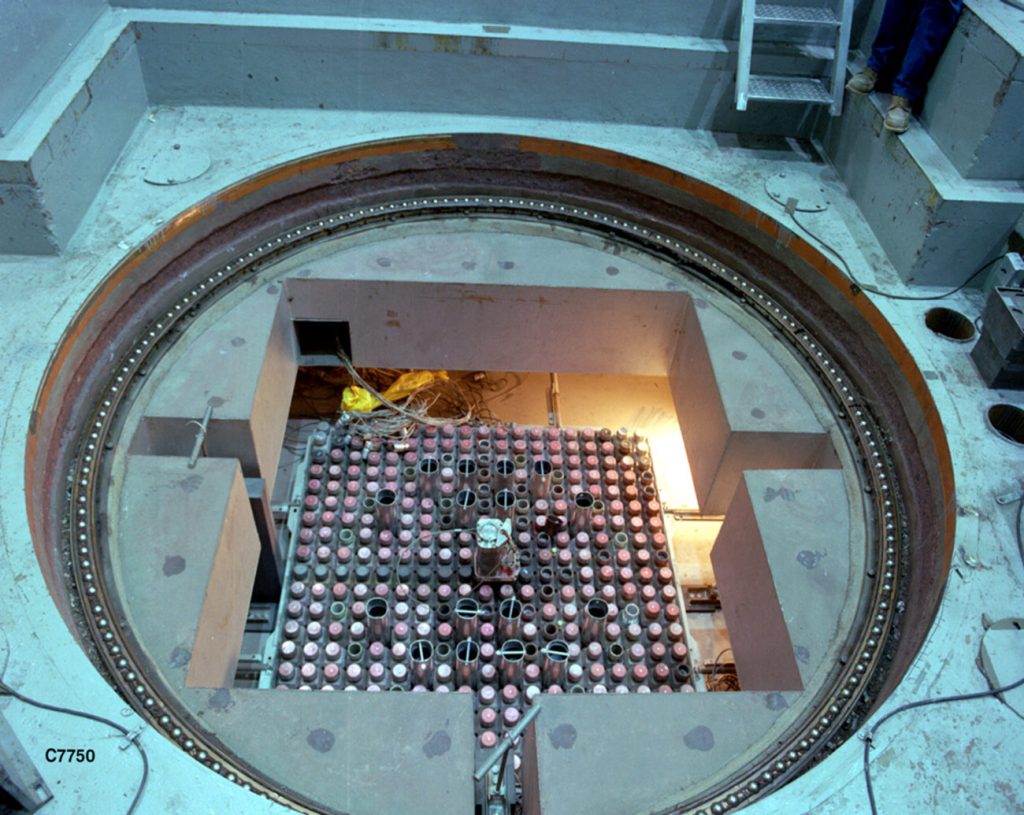
INL’s Transient Reactor Test facility marked the return of a capability that is critical to the United States’ role in the development of nuclear fuels.
JUMP presents big opportunity for nuclear scientists, industry
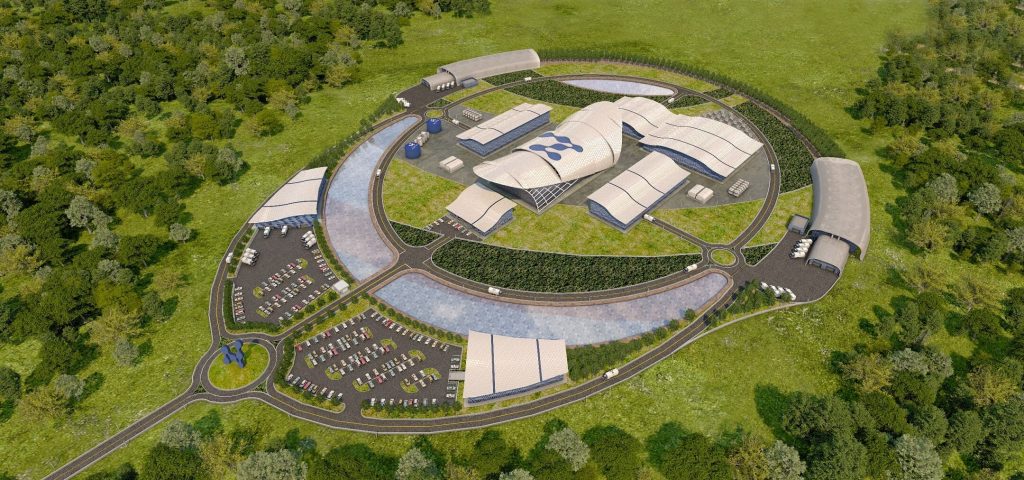
Nuclear clear power plants will soon operate in a complex energy landscape. That’s why DOE is working to help develop the Joint Use Modular Plant (JUMP).
Idaho National Laboratory marks 70 years of nuclear energy innovation
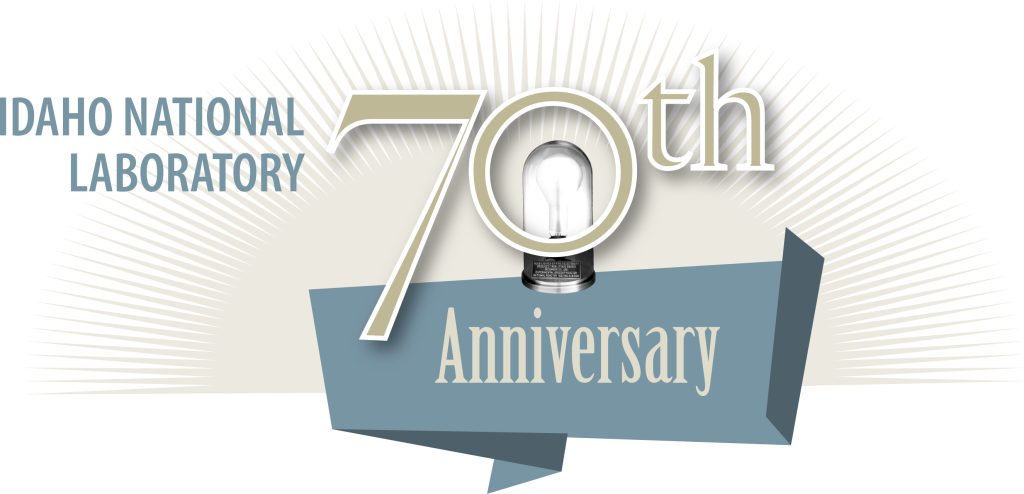
In 2019, Idaho National Laboratory celebrates 70 years of nuclear energy innovation since its founding as the National Reactor Testing Station in 1949.
